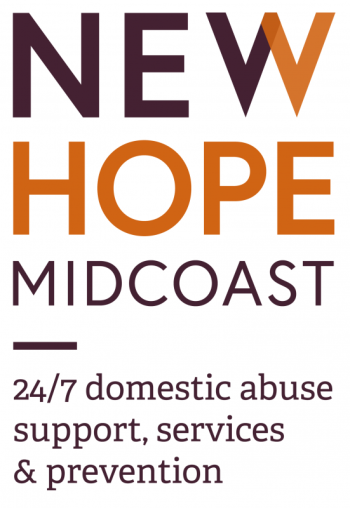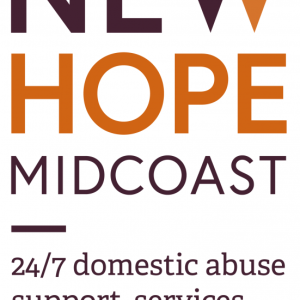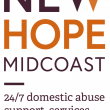How to support loved ones, family, friends experiencing domestic abuse
Around the holidays, as advocates, we start getting questions about how the holiday season impacts rates of domestic abuse, or if we see more people reaching out to us during this time of year.
It is a common belief that the stress of the holidays leads to an increase in the frequency of domestic abuse. To inform our understanding of survivors’ experience with navigating the holidays while experiencing abuse, we talked to some local survivors. Through our conversations, we identified a few themes and common experiences.
First, the survivors we spoke to identified that beyond even just the holiday season, any time of the year that there was a special or important event, there was a high likelihood that the person abusing them would escalate leading up to or on the day of that event.
The second common thread is that around the holidays, the person abusing their partner demanded a prioritization of their own needs and wants.
They were reluctant to compromise on their personal wishes, which made scheduling time with family and friends difficult for survivors. If survivors resisted or insisted on compromise, they were insulted, berated, or labelled selfish. This is consistent with what we know as advocates--that the holidays are not a cause of domestic abuse. Rather, an abuser will use special events to justify their actions, whether that is a holiday, birthday, or a life change.
Many people we speak to are curious about how to support loved ones, family, and friends who are experiencing domestic abuse. When we ask survivors what is helpful to them around the holidays and throughout the rest of the year, they want to affirm that their absence is not a reflection of their love for their loved ones.
People who abuse their partners or family members often use isolation as a tactic of control. One of the most impactful things you can do is continue to be there for your loved one in whatever way they identify as safe for them at the time.
It may also be helpful to remember that you might not know that people in your life are survivors, and that each survivor’s experience is unique. Just because two people show up excited to celebrate a holiday together doesn’t mean there isn’t abuse occurring. At the same time, some survivors have found joy in the holiday season even when it was spent with someone who was hurting them.
Throughout the holidays, strive to meet others with empathy and understanding, knowing that there may be things happening in their lives that you are unaware of.
Regardless of the time of year, New Hope Midcoast is here to support you at 1-800-522-3304.

























